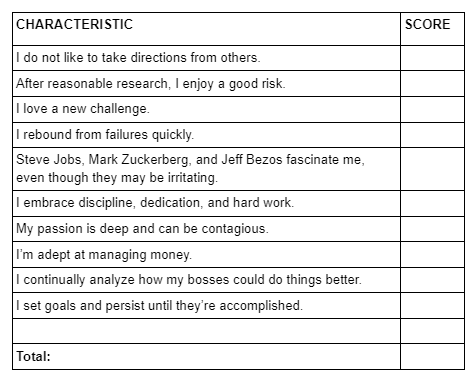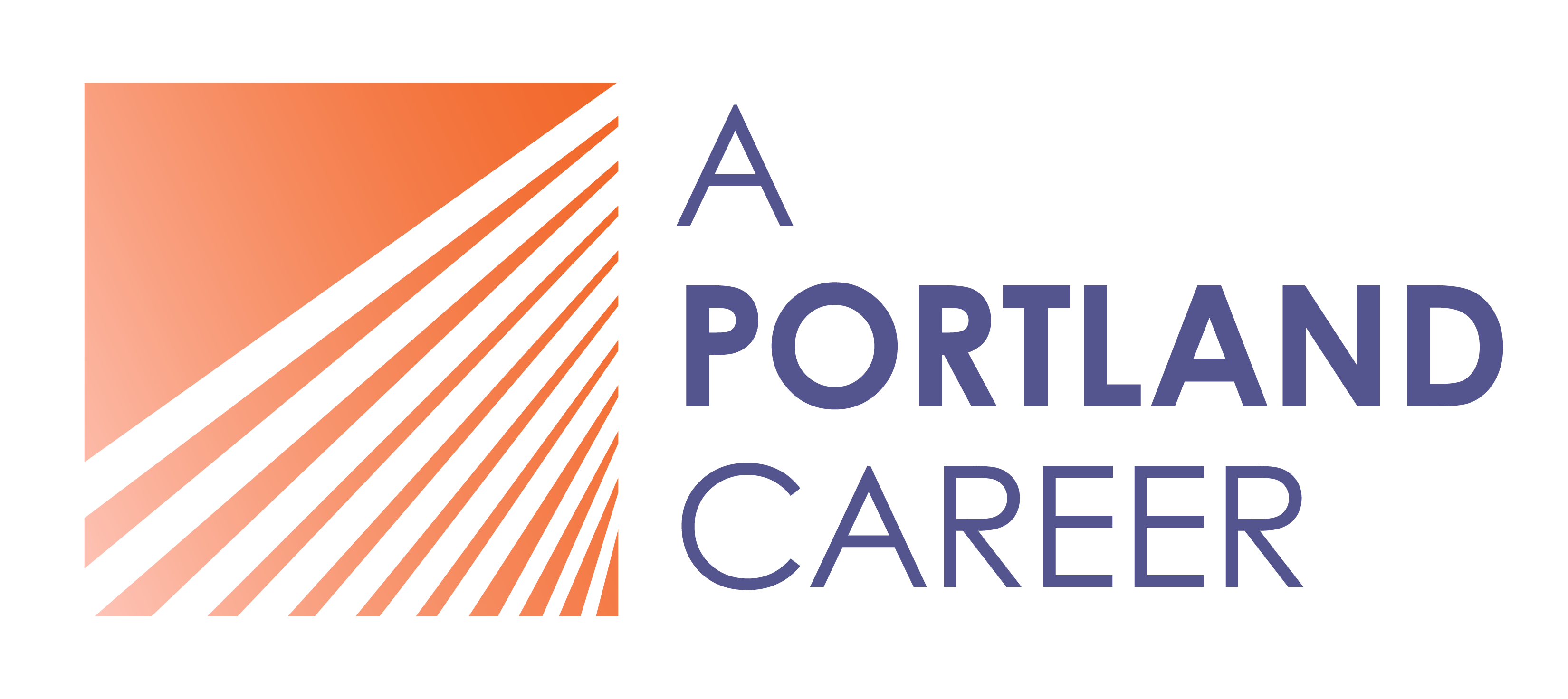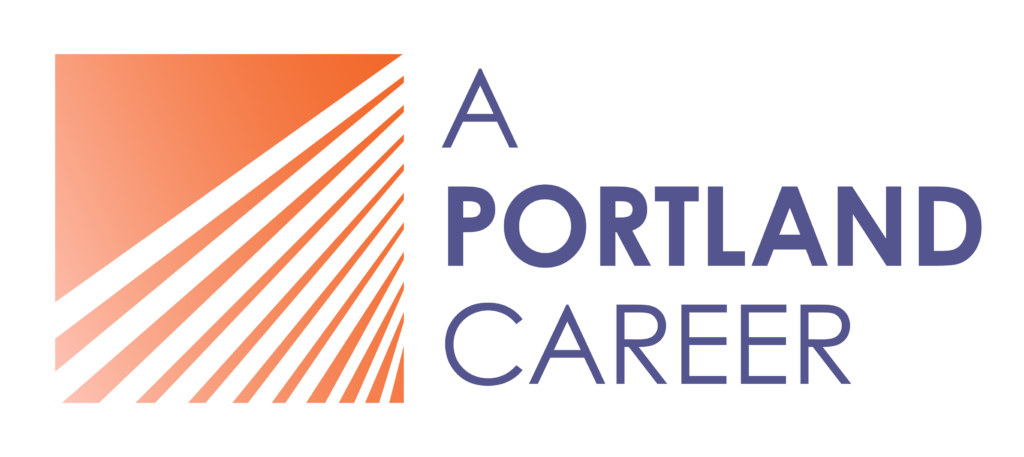How do you know when and IF quitting your job is best for you? Here are steps to take before quitting, how to quit, resources, and stories from those who...
Self-employment isn’t for everyone. Take our assessment to find out if you can thrive being in business on your own.
Should You Be Self-Employed?
By Dan Hahn, M.S. and edited by Jelena Grove
Thinking about self-employment? We’ll help you explore if it’s right for you.

Have you always dreamed about being your own boss and working from your well-appointed home office? Getting away from awkward social interaction with coworkers? Setting your own schedule? Finding your own clients—the ones you actually want to work with?
In today’s environment, the way we work varies. Some of us work in traditional jobs and receive a stable salary and insurance benefits from our employers. In exchange, employers control a considerable portion of our lives; from the time we arrive on the job, to deciding whether or not we can take time off. For many of us, a dependable paycheck is worth the compromises that come with traditional employment.
But as you start your job search, you may discover that traditional employment isn’t for you. Instead, you may want more freedom of how, when, and where you work so that you can take as much time off as you can finagle into your budget and schedule. Having your own business means you also get to determine your own priorities each day from when you start your clock to if you work remotely from home or a coworking space. As a business owner, independent contractor, or freelancer, it’s your priorities that take precedence.
Home → Helpful Articles → Self-Employment → Should You Be Self-Employed?
If you like this post, we’ve got another helpful article for you entrepreneurs out there: Should I Quit My Full-Time Job to Freelance?
If you’re stuck in your decision making about whether to strike out on your own, get in touch with us. We’ll work with you to realize your strengths and evaluate potential paths.

Types of Self-Employment
There are several models of self-employment to consider:
- Freelancer or solopreneur: This is a form of self-employment in which you attract your own clients and freelance jobs. Most creative careers (photography, graphic design, copywriting, social media engagement) often launch as home-based freelancers. Similarly, many therapists and healing professionals work as freelancers/solopreneurs. Engaging in freelance work requires both entrepreneurial traits as well as a strong web presence.
- Small business owner / sole proprietorship: You are an owner in either a brick-and-mortar location or an e-commerce start-up. You have a business plan, a legal license (if required), and pay taxes according to the rules that govern these types of companies. You may have an entrepreneurial dream to grow this business and hire employees as many sole proprietors dream of doing.
- Contract employee: You perform work offered by the employer for a limited period of time or on a project basis, without perks like healthcare, employee benefits, or paid holidays. For example, you might work at Nike on a one-year contract performing job functions similar to Nike’s full-time exempt employees. At the end of the year, you can contract with another company. Contract employees don’t have a long-term commitment to an employer and a successful freelancer can sequentially work for different companies. You can find this type of work either on your own or through a staffing agency that will issue your paycheck and often offer benefits at your cost.

The Pros and Cons of Self-Employment
Being your own boss certainly comes with plenty of advantages –– most obviously the ability to work in your pajamas, lack of oversight from managers, and freedom from annoying coworkers. But if you’re seriously considering self-employment, you need to critically assess whether some of the not-so-obvious drawbacks are actually dealbreakers (or conscious compromises to be made) for your working style and goals.
Pros:
- Control over your work day; set your own work schedule and go about time management the way you want to
- Spend more time with loved ones and have a greater sense of work-life balance
- Be location-independent
- Greater creative control over day-to-day work and your business idea
- Lack of oversight and traditional coworkers
Cons:
- Non-billable administrative responsibilities; managing your own projects and business expenses, managing your own tax returns and health insurance, tending to client relationships
- Lack of traditional coworkers (this might be a pro for some)
- Loss of retirement benefits and social security contributions
- Less paycheck stability –– beware the turbulence of “feast or famine” swings
- You have to market yourself, work long hours, and hustle to find new business on your own
If you’re considering quitting your job to freelance, we suggest taking a more in-depth look at what that might entail.
The Self-Employment Assessment
What is self-employment like? If you’re thinking about self-employment, take the following assessment to see if you have what it takes to work from home and be your own boss.
Consider these characteristics and score each as follows:
3 — Very much like me
2 — Sometimes like me
1 — Unlike me

Scoring:
25-33: You should strongly consider self-employment.
18-24: Consider either self- or traditional employment.
17 or less: Stick with a dependable paycheck.
Key takeaways:
- There are three main types of self-employment: freelancer/solopreneur, small business owner/sole proprietorship, or contract employee
- You can take our assessment if you’re unsure that self-employment would result in greater job satisfaction
- Both traditional employment and self-employment require you to make certain work/life compromises
- There are key differences in the three models of self-employment that you should consider carefully
- Finding contract employment (either through a staffing agency or on your own) may offer greater paycheck stability than freelancing or sole proprietorship


